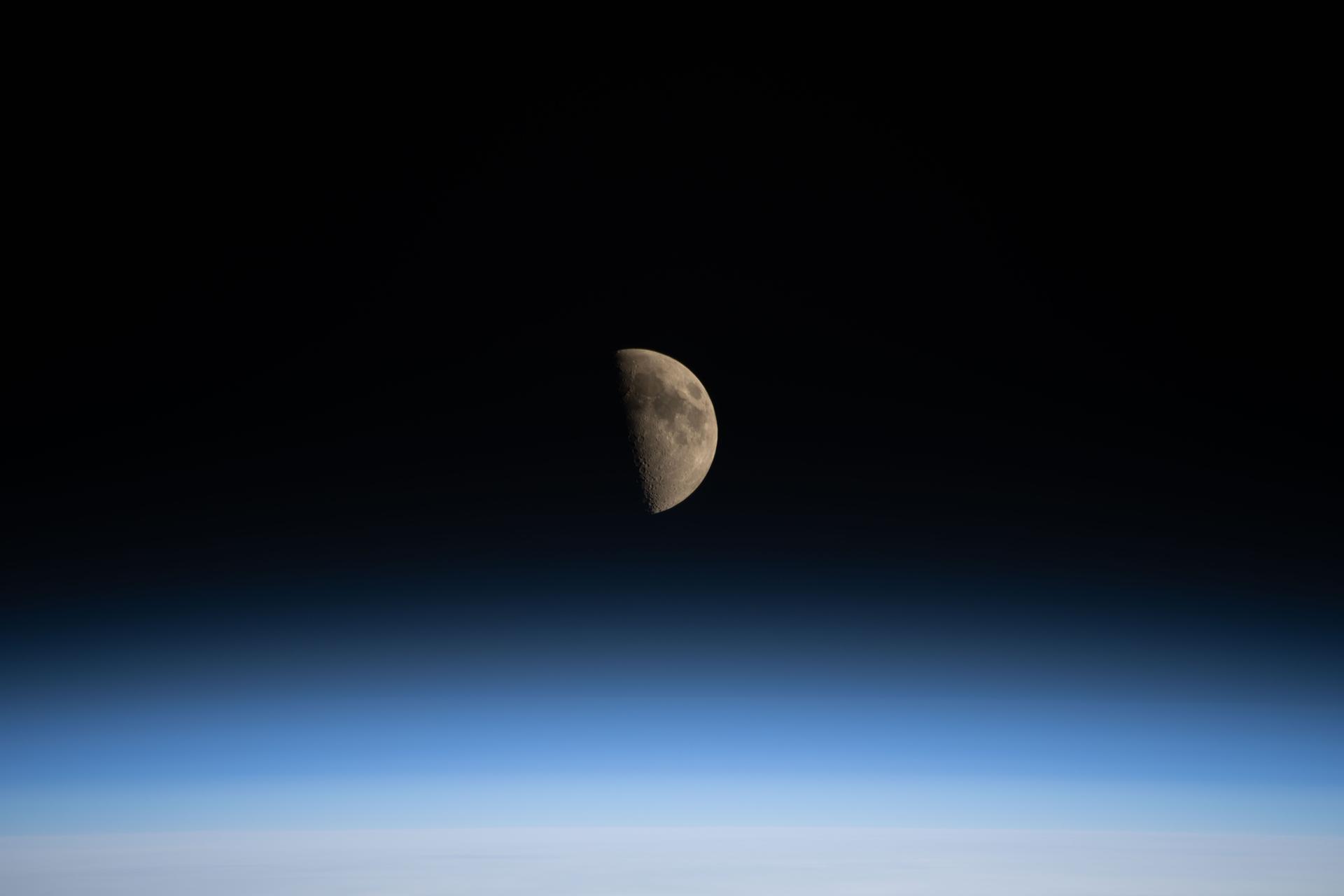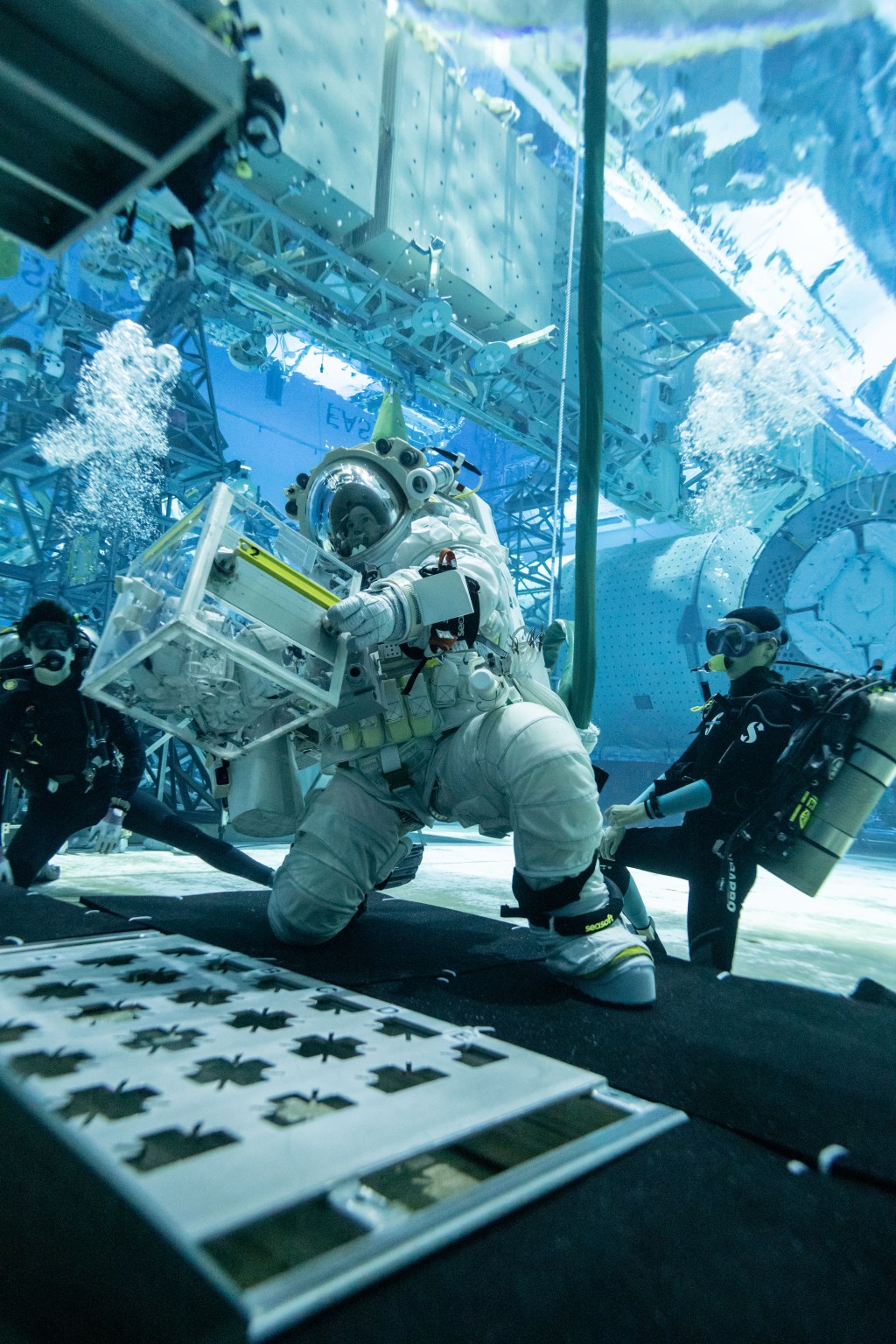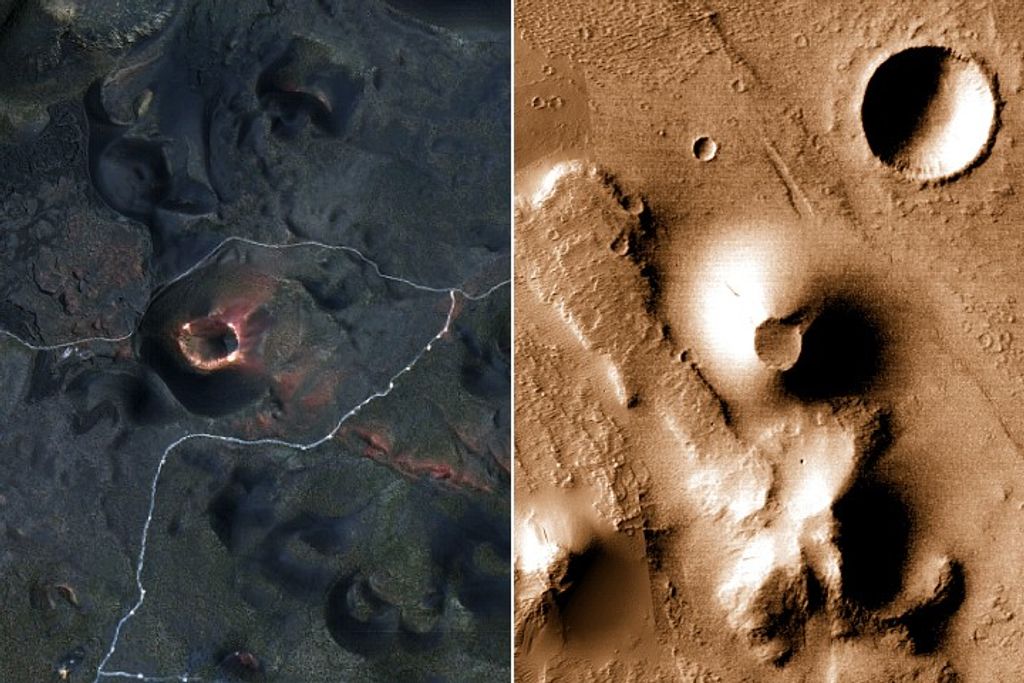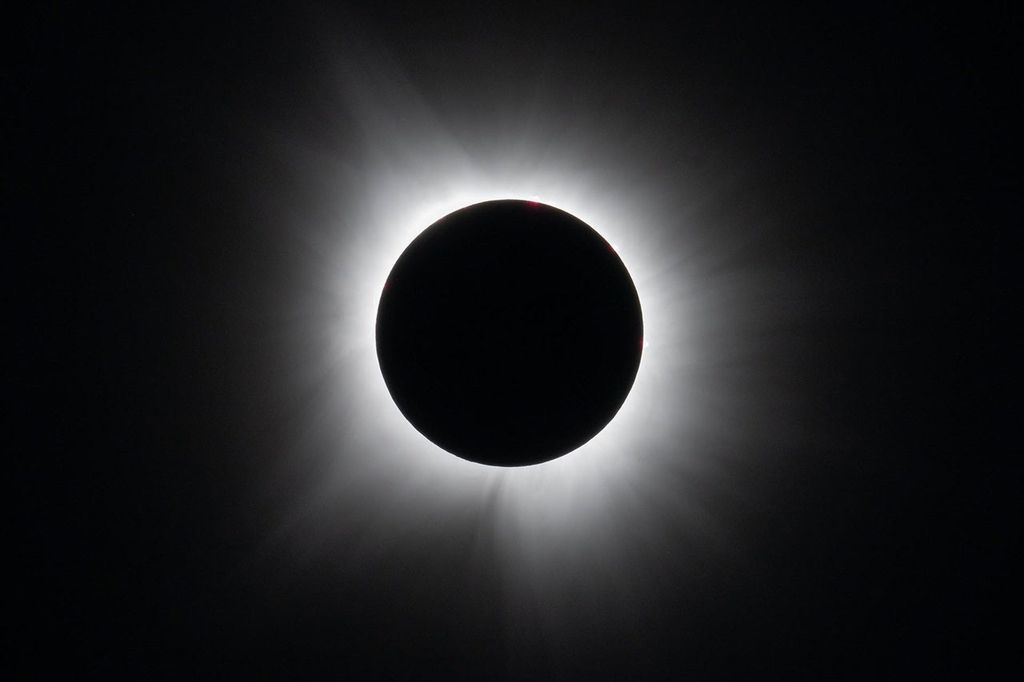Bacterial Adhesion and Corrosion (SpaceX-21)
Science Objective
A major concern for the success of NASA exploration missions is the need for successful control of microbial growth in water systems to provide water that is safe for astronaut drinking and personal hygiene, as well as to protect the integrity of life support systems for human habitation in space.
With an increase in astronaut presence and longer durations in space, these risks will be even more significant. Findings from the Bacterial Adhesion and Corrosion (BAC) study will help to improve our understanding of multi-species biofilm formation on life support systems and their efficacious treatment both in microgravity and on Earth. This will allow researchers to continue to develop mitigation strategies and countermeasures for the health risks that humans face in space and on Earth.
Status
Returned from the International Space Station via SpaceX-21 in January 2021. Results will be shared via NASA open science databases upon completion of analysis and/or investigator publication.
Experiment Description
The BAC spaceflight experiment will study the effects of spaceflight on:
- the formation of multi-species, surface-adherent bacterial communities (biofilms);
- their ability to corrode stainless steel surfaces relevant to those on the International Space Station (ISS) water system; and
- the efficacy of disinfectants to clear these biofilms.
In addition, this study will use next generation RNA sequencing technology to help identify which bacterial genes are involved in biofilm growth and corrosion of stainless-steel surfaces in microgravity conditions. Microorganisms such as Pseudomonas aeruginosa and Escherichia coli used in the BAC experiment readily form biofilms that are known to become highly resistant to traditional cleaning methods and have the potential to contaminate water treatment systems leading to biofouling and corrosion.
In addition, biofilm formation is an important characteristic in the infectious disease process of microorganisms. Accordingly, the inability to control microbial biofilms during spaceflight can result in damage to life support systems and poses a serious health risk to astronauts.
Team
Mission Scientist: Dennis Leveson-Gower, Ph.D., FILMSS, NASA Ames Research Center
Payload Developer: BioServe Space Technologies
Principal Investigator: Robert JC McLean, Ph.D., Texas State University
Co-Principal Investigator: Cheryl A. Nickerson, Ph.D., Arizona State University




























